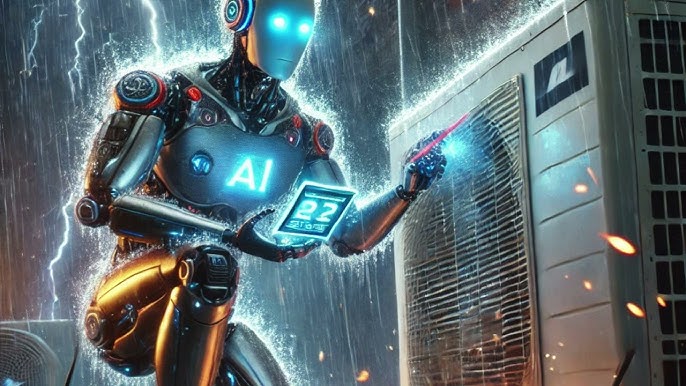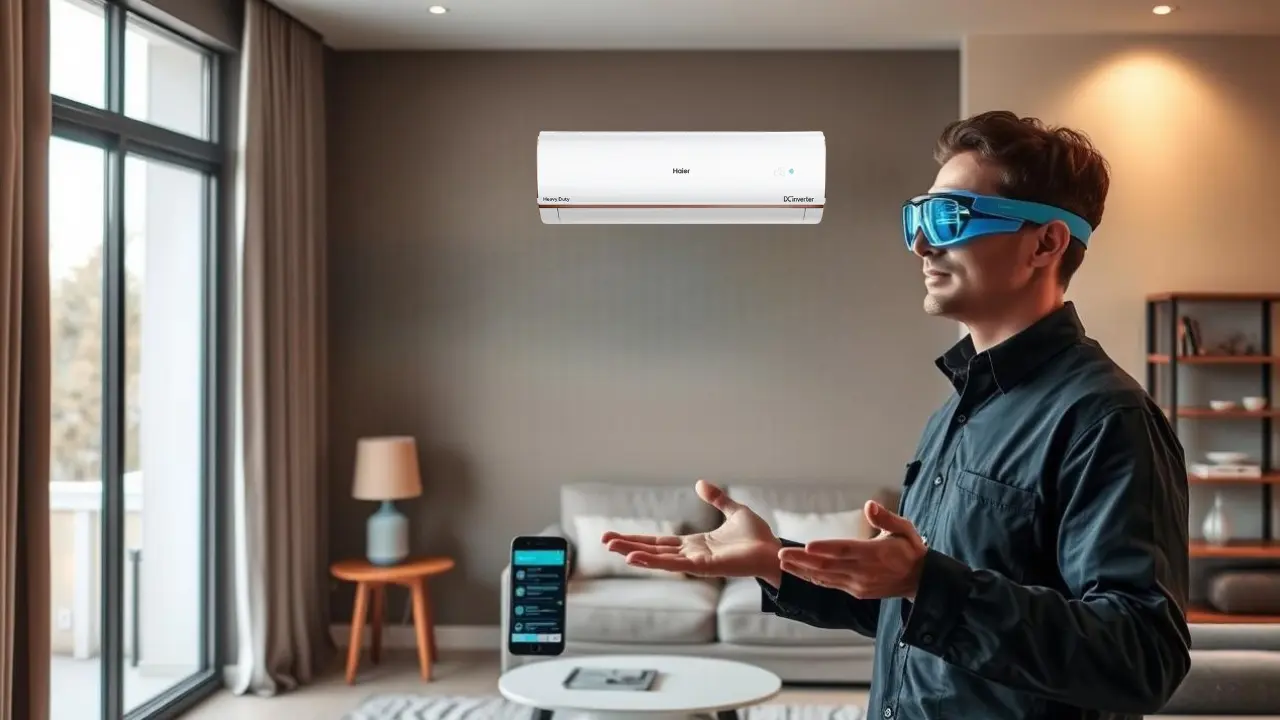In today’s fast-paced world, ensuring the reliability of HVAC systems is crucial. With the integration of Artificial Intelligence (AI), the potential for enhancing the dependability and efficiency of these systems has grown exponentially. This article delves into how AI is transforming the HVAC industry and how these advancements can lead to substantial reliability improvement with AI in HVAC.
When we talk about HVAC systems, reliability plays a vital role in both residential and commercial settings. The incorporation of AI not only offers improved performance but also ensures that these systems remain robust and efficient. The potential for reliability improvement with AI in HVAC is substantial, making it a hot topic in the industry.

Understanding AI in HVAC
Artificial Intelligence is a technological marvel that mimics human intelligence processes through the use of algorithms and software. In the context of HVAC systems, AI can provide predictive maintenance, optimize energy use, and enhance system diagnostics, which leads to improved reliability and performance.
How AI Enhances HVAC Systems
AI offers various benefits to HVAC systems, including:
- Predictive Maintenance: AI algorithms can predict potential failures, allowing for proactive maintenance before they become significant issues.
- Energy Optimization: By analyzing usage patterns, AI can optimize energy consumption, reducing costs and environmental impact.
- System Diagnostics: AI can quickly diagnose problems, minimizing downtime and ensuring that systems run efficiently.
Applications of AI in HVAC
1. Automated Refrigerant Level Detection
AI can be used to automate the detection of refrigerant levels, ensuring that systems operate at peak efficiency. For more insights, you can visit Automated Detection for detailed information.
2. Intelligent Load Forecasting
AI can predict heating and cooling loads, which helps in optimizing energy use. This forecasting ensures that the HVAC system is only using the energy required, leading to cost savings and enhanced reliability. For more details, visit Load Forecasting.
3. AI-Powered Reports
AI can generate detailed reports on system performance, helping technicians to understand system efficiency and make informed decisions. Learn more about this at AI Reports.
The Role of AI in Reliability Improvement
With AI, HVAC systems become more reliable in several ways:
- Enhanced Diagnostics: AI can identify issues before they become significant problems, ensuring the system remains operational.
- Proactive Maintenance: By predicting failures, AI allows for maintenance to be scheduled at optimal times, reducing unexpected downtime.
- Energy Efficiency: AI’s ability to optimize system performance means less wear and tear, which improves the lifespan of HVAC components.
Challenges in Implementing AI
While AI offers numerous benefits, there are challenges in implementation:
- Cost: AI systems can be expensive to install and require ongoing maintenance.
- Complexity: The complexity of AI systems can be daunting, requiring specialized knowledge for implementation and troubleshooting.
- Data Privacy: The use of AI involves the collection of data, which raises privacy concerns.
Future of AI in HVAC
The future looks promising for AI in HVAC systems, with ongoing advancements promising even greater reliability and efficiency. As technology evolves, we can expect AI to play an even more significant role in ensuring HVAC systems operate at peak performance.
Conclusion
The integration of AI in HVAC systems offers a path to improved reliability and efficiency. While challenges exist, the benefits far outweigh the drawbacks, making AI a valuable addition to the industry. As technology continues to advance, we can look forward to even more innovative solutions that enhance the reliability of HVAC systems.

FAQs
How does AI improve HVAC reliability?
AI improves HVAC reliability by providing predictive maintenance, optimizing energy use, and enhancing system diagnostics, which leads to improved performance and reduced downtime.
What are the challenges of implementing AI in HVAC?
The main challenges include cost, complexity, and data privacy concerns. However, the benefits of improved reliability and efficiency make AI a worthwhile investment.
What is the future of AI in HVAC?
The future of AI in HVAC is promising, with advancements expected to lead to even greater reliability and efficiency. As technology evolves, AI will play an increasingly important role in the industry.
For further reading, visit Revolutionizing Residential HVAC and AI in HVAC Industry.
This article contains affiliate links. We may earn a commission at no extra cost to you.
